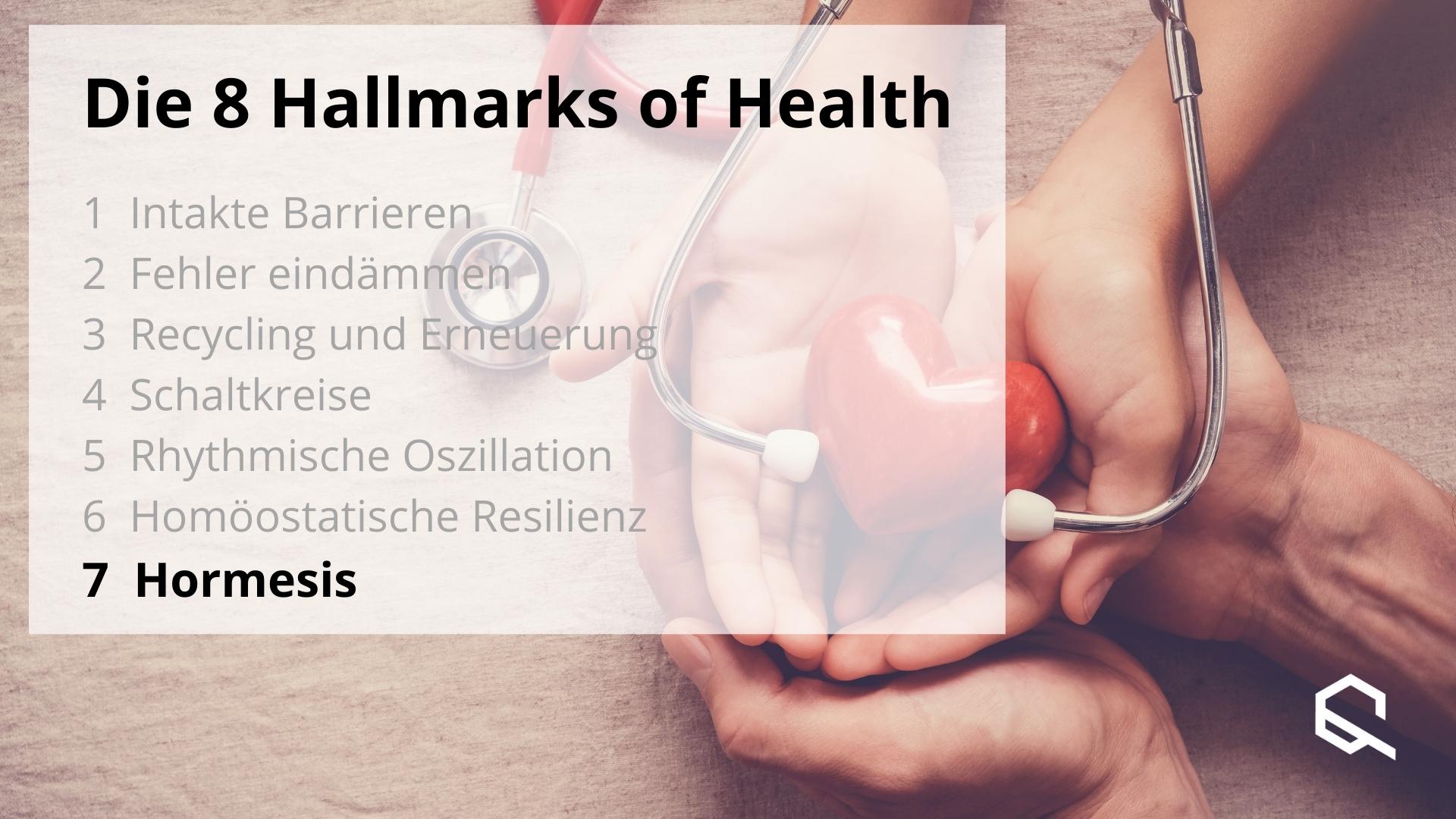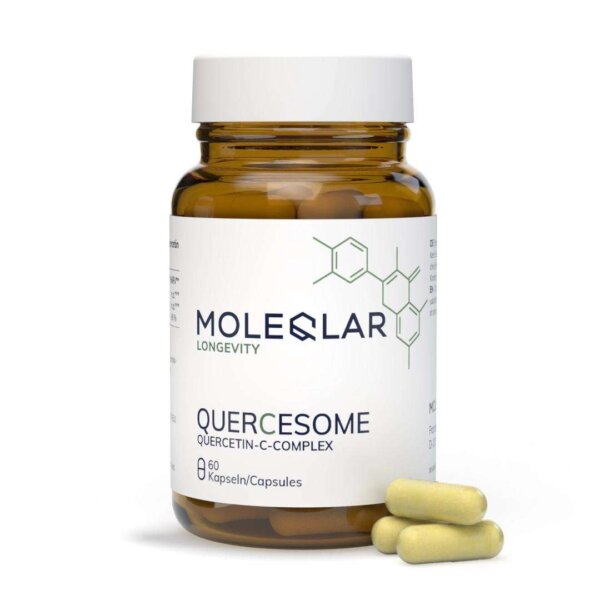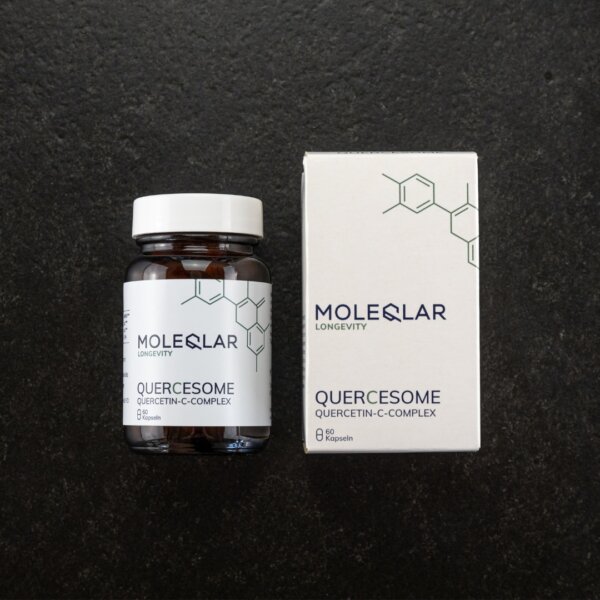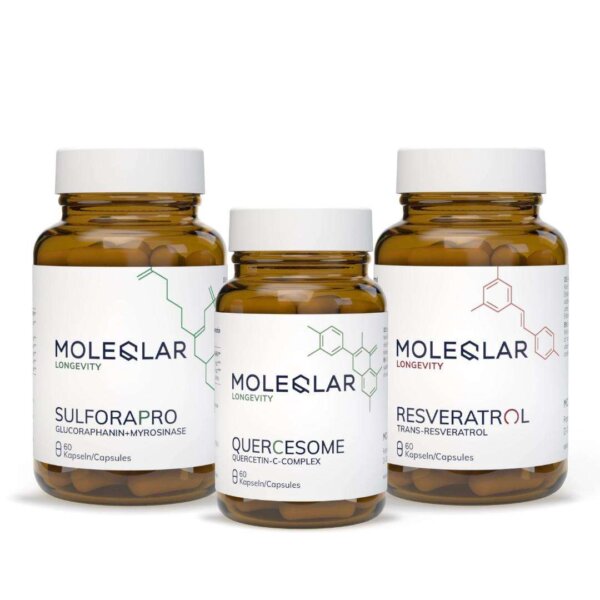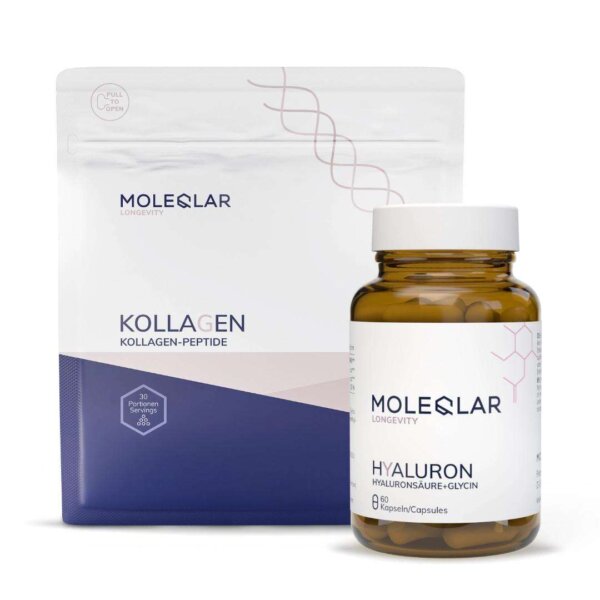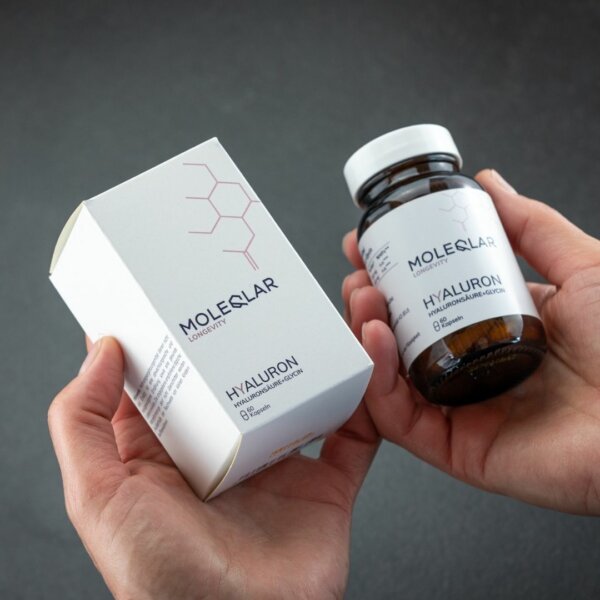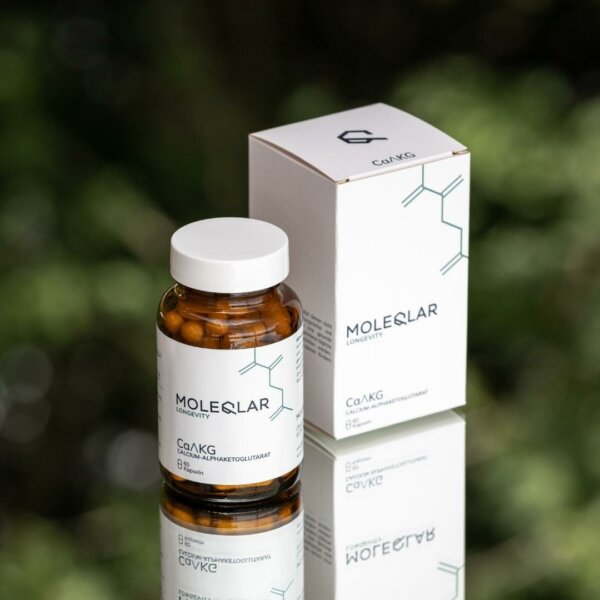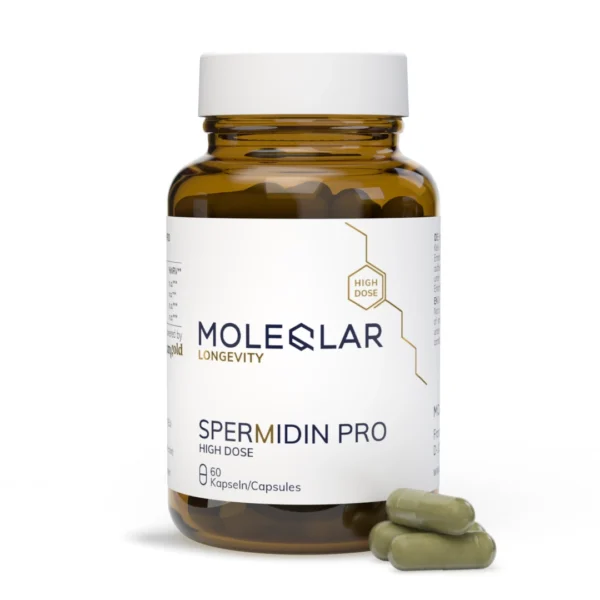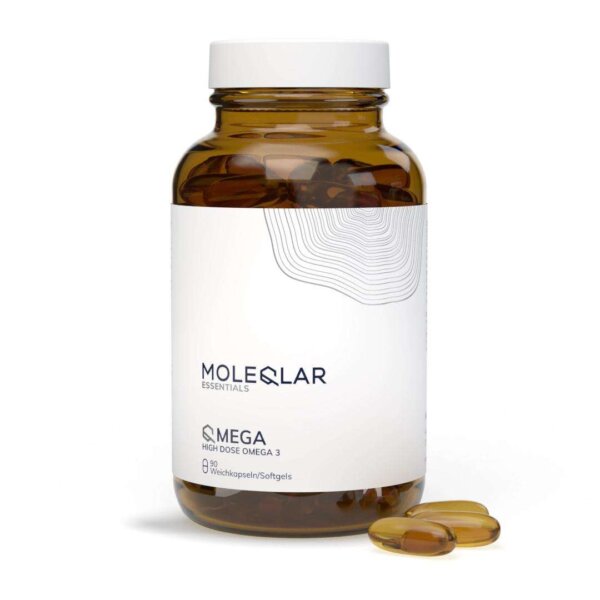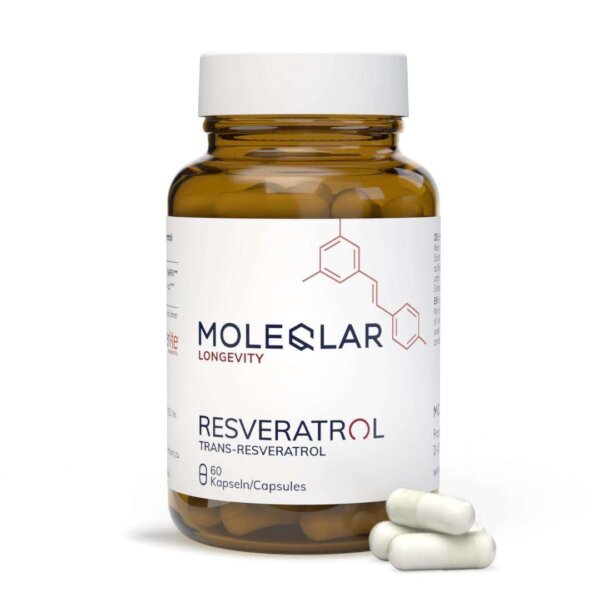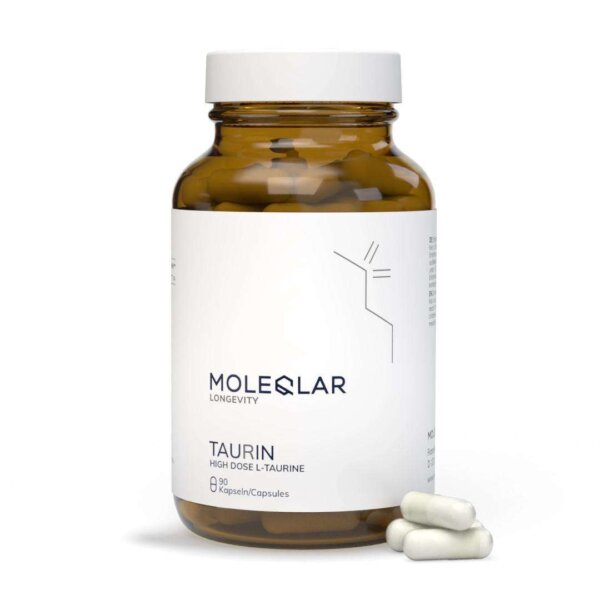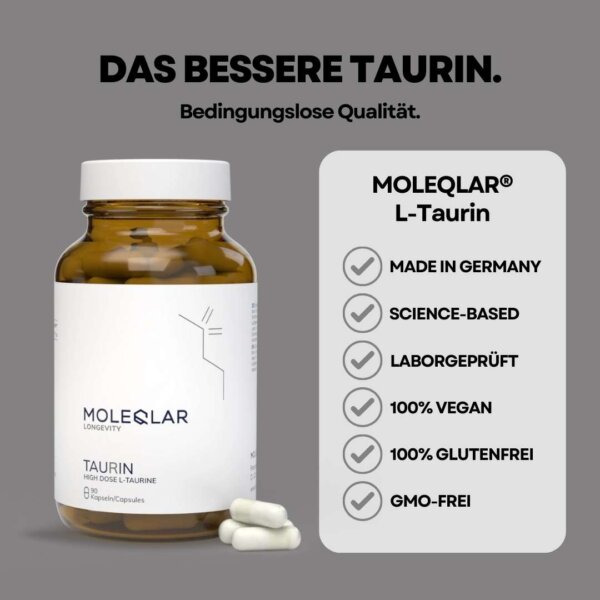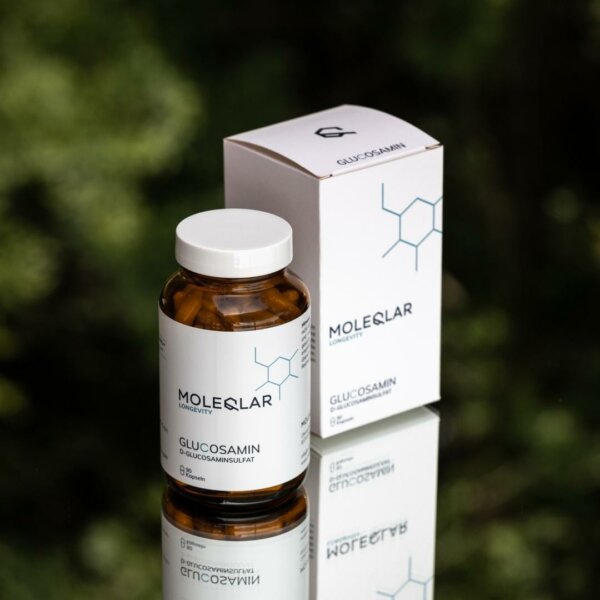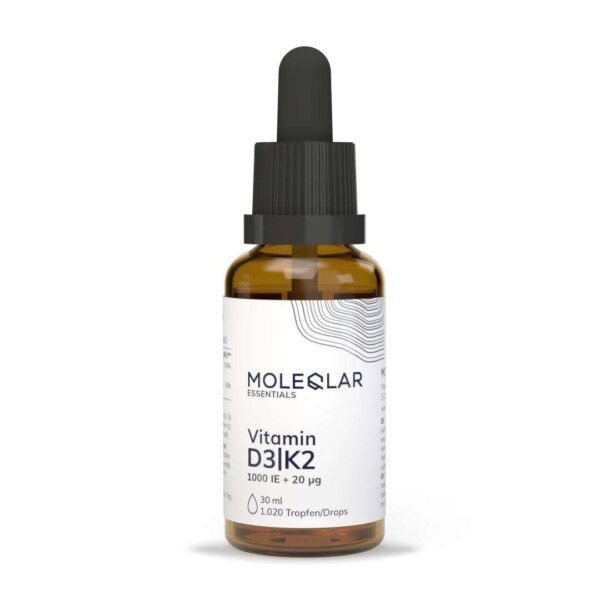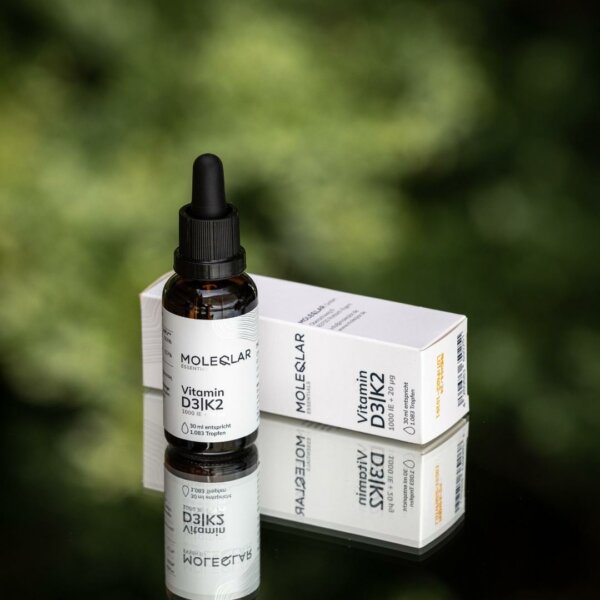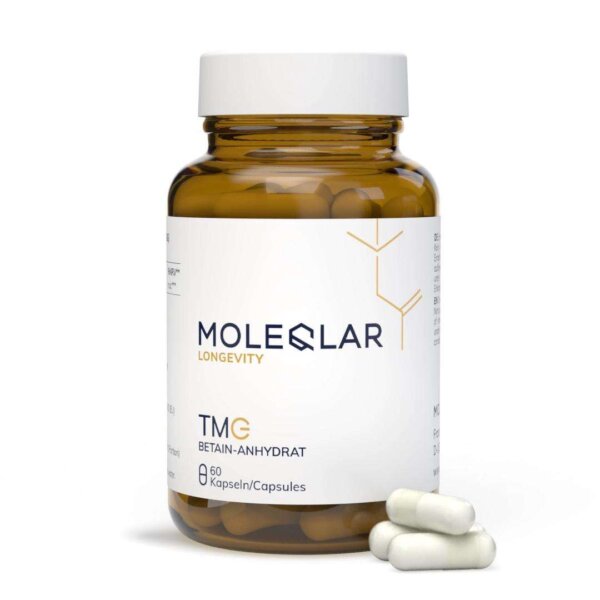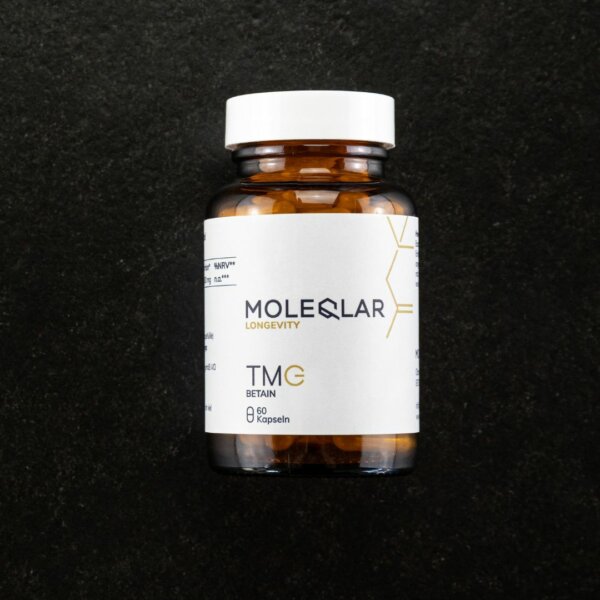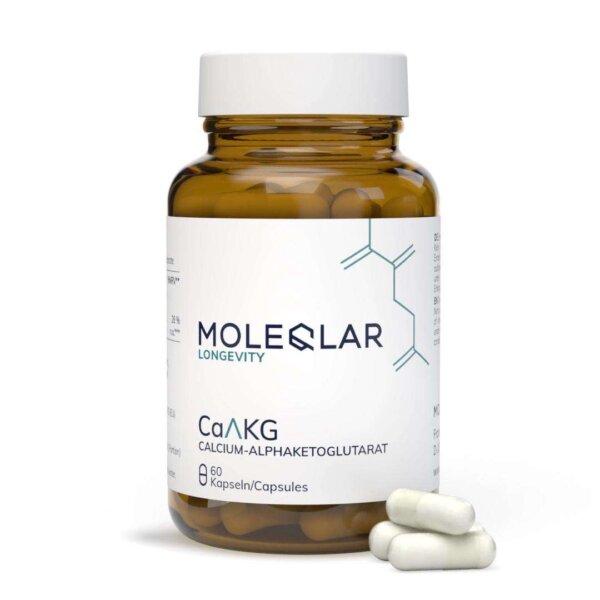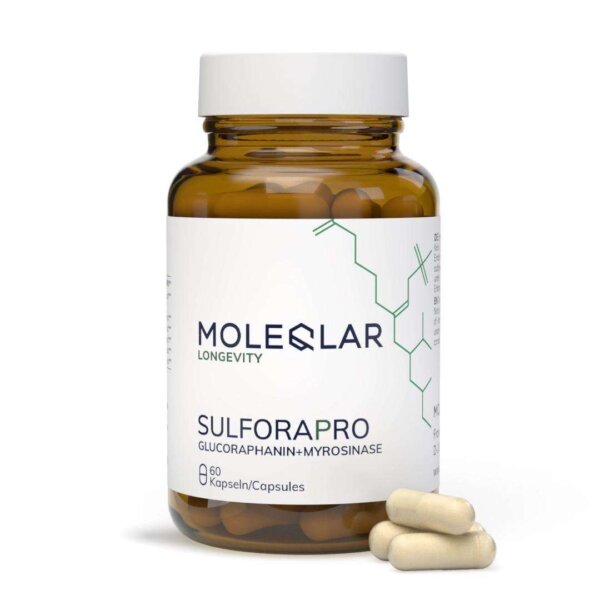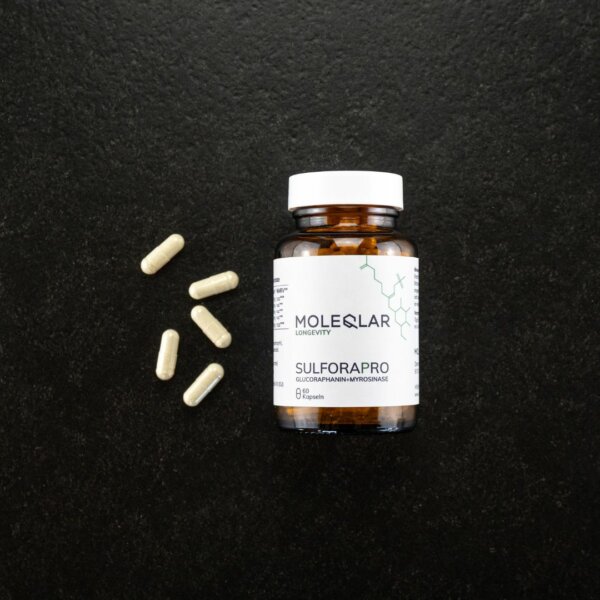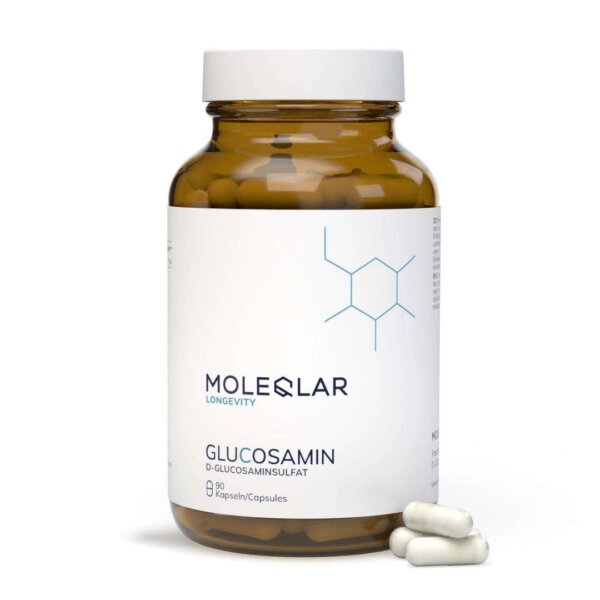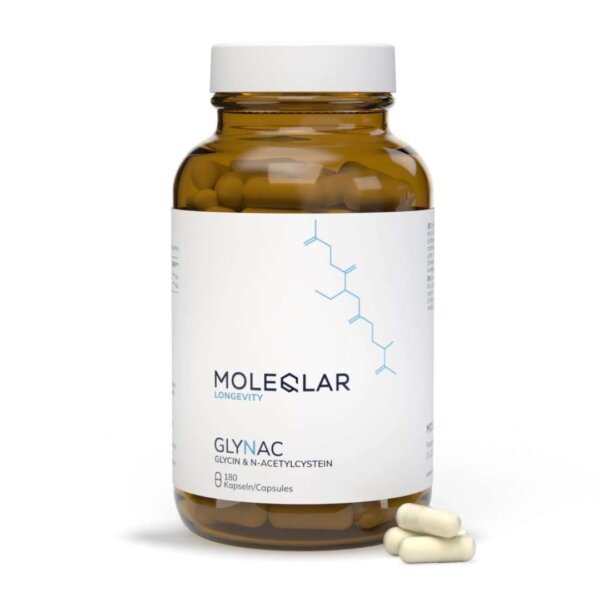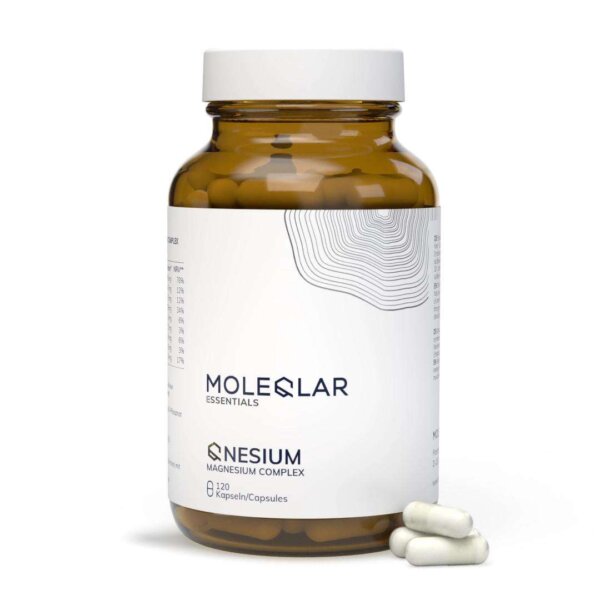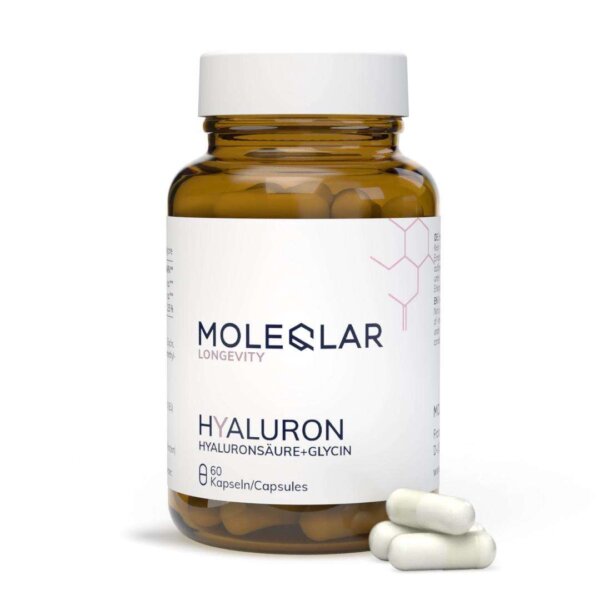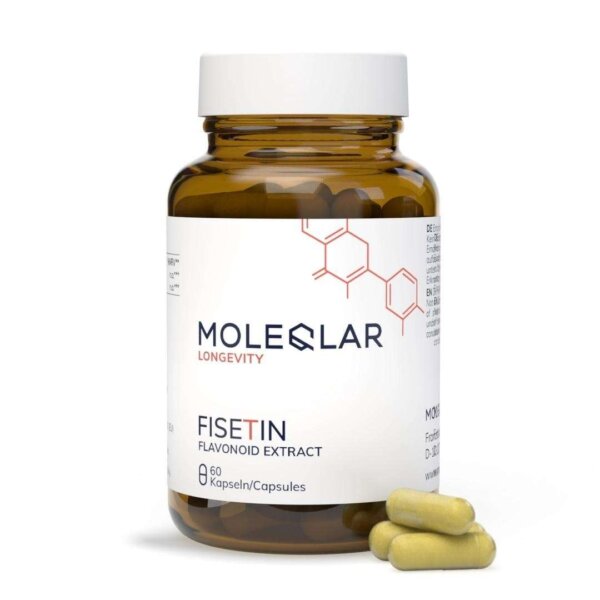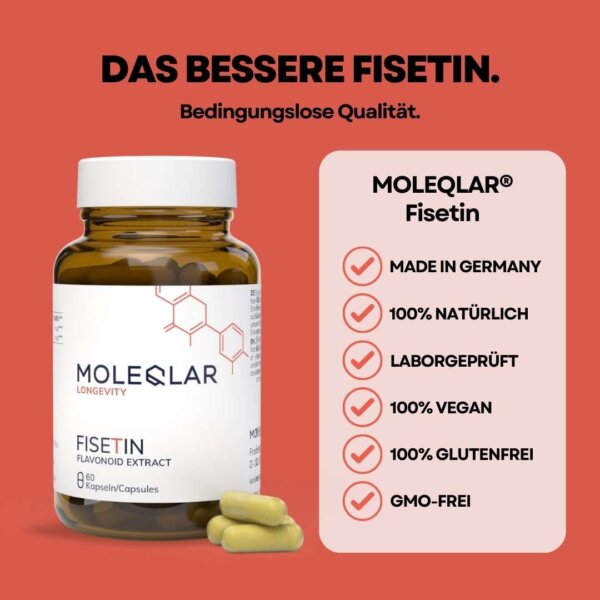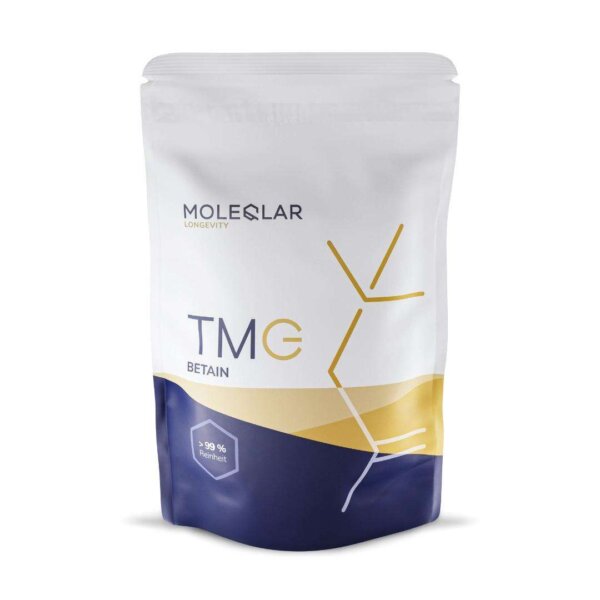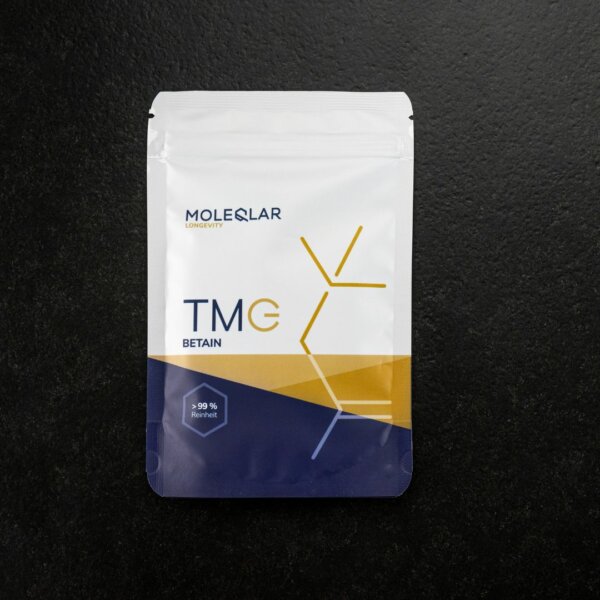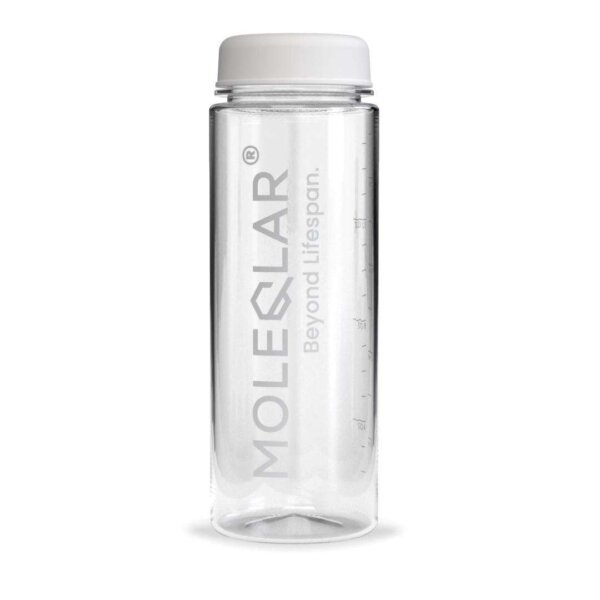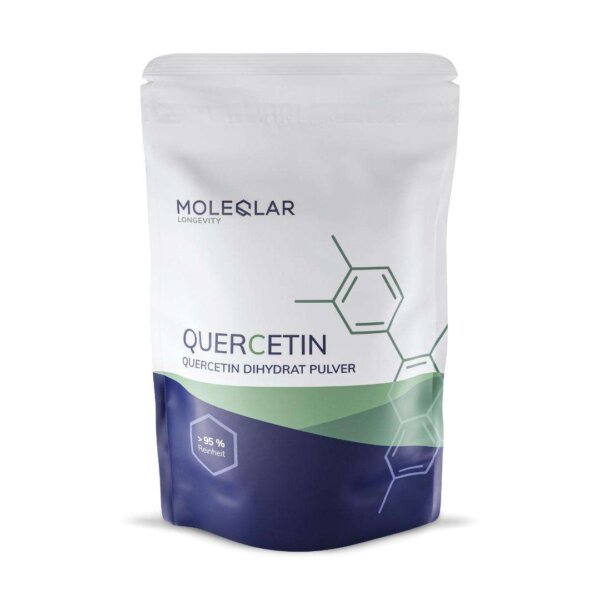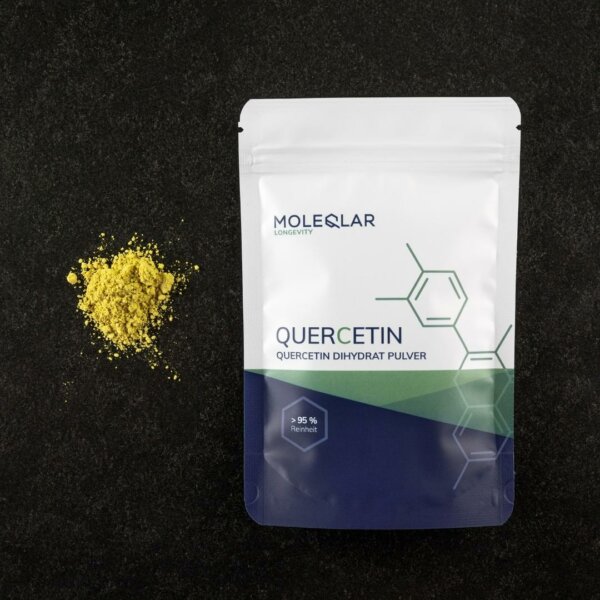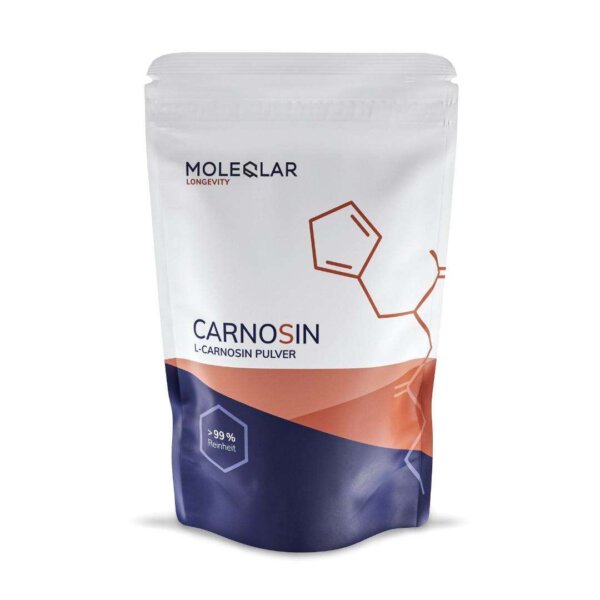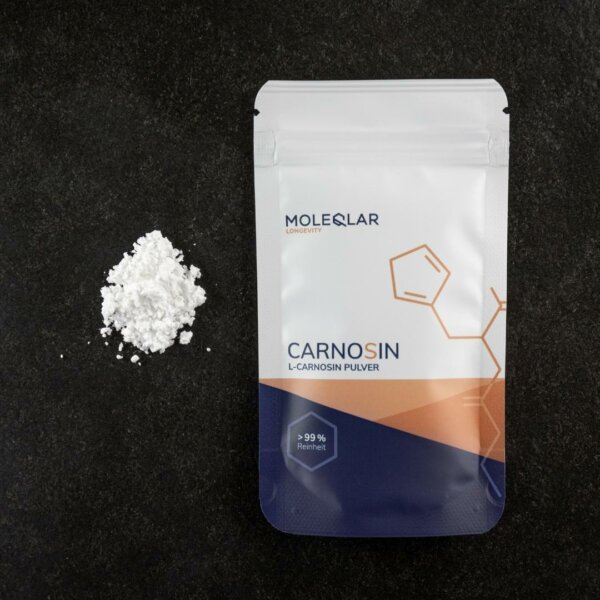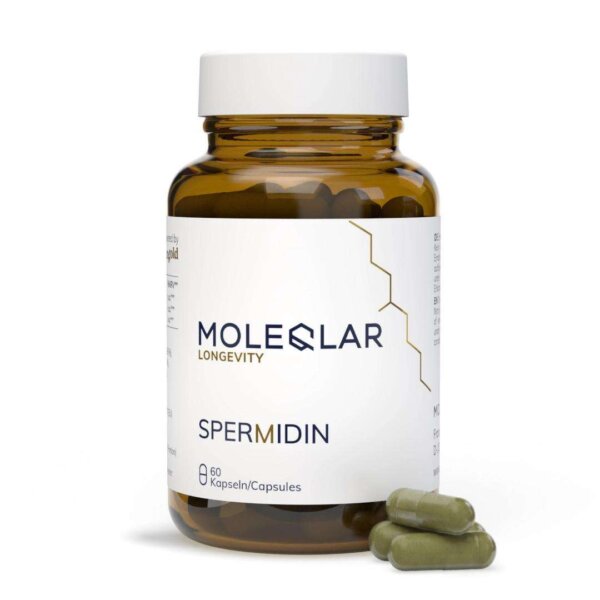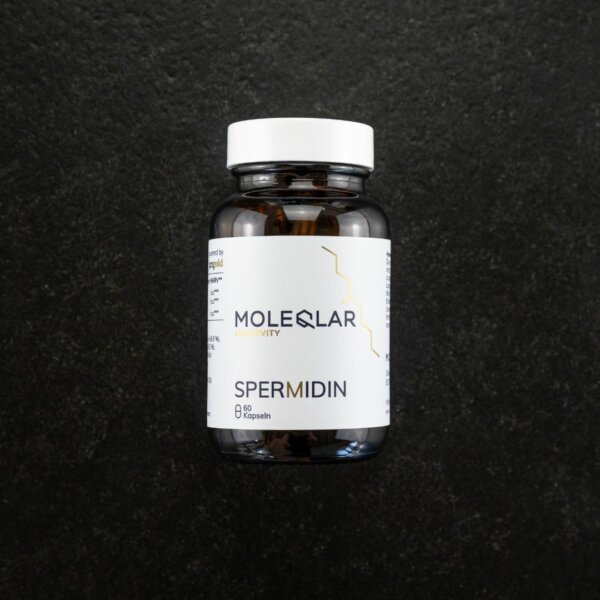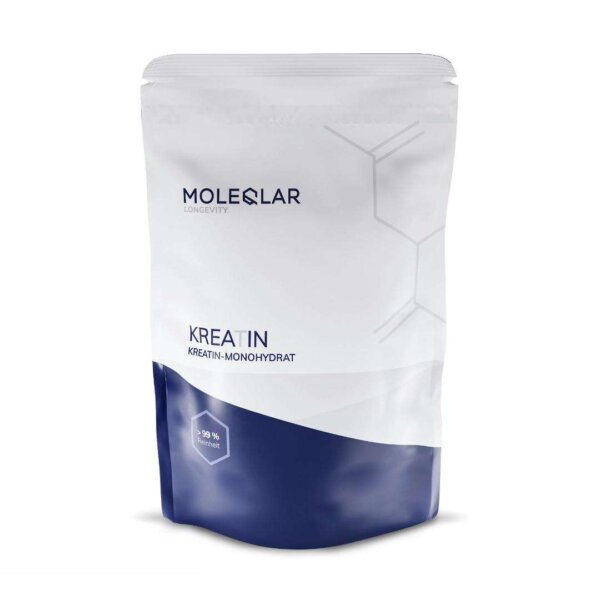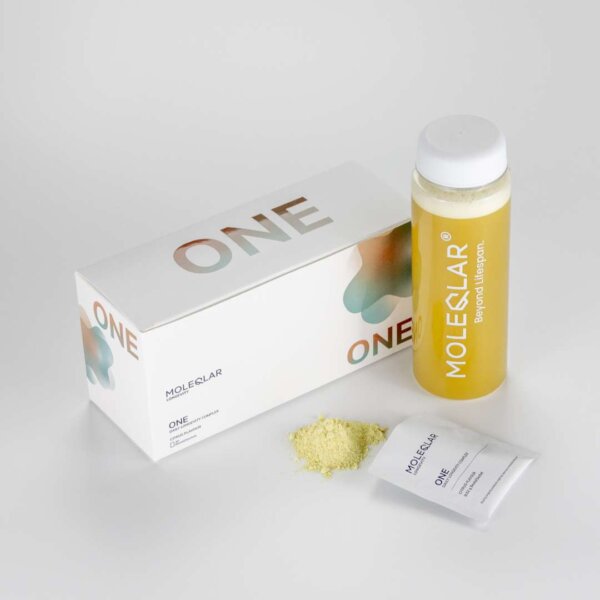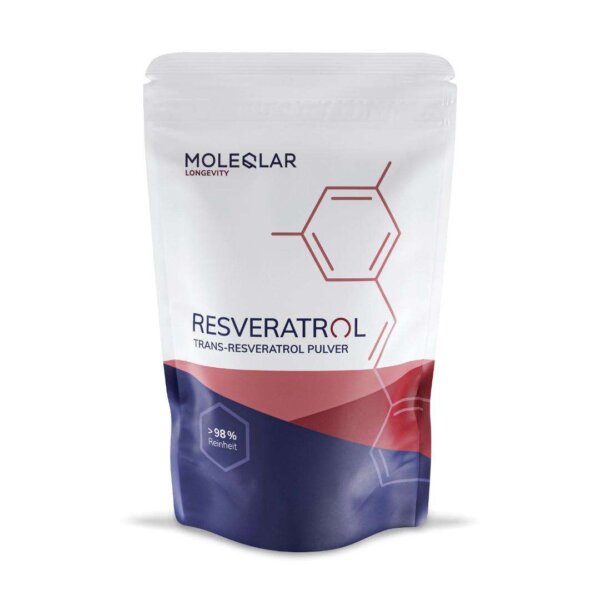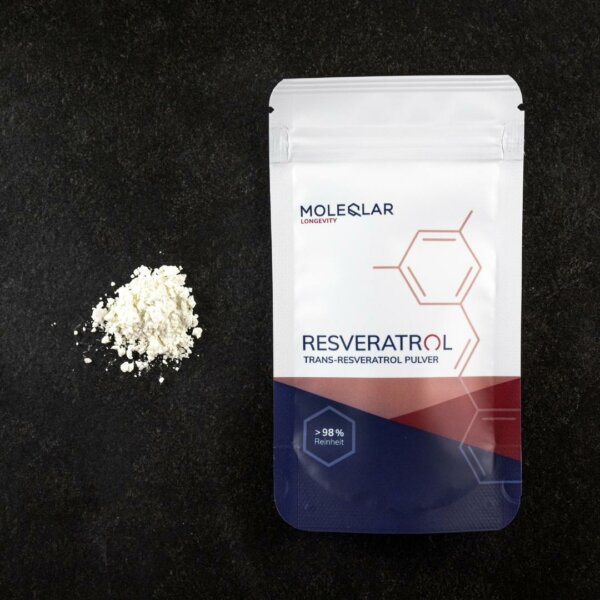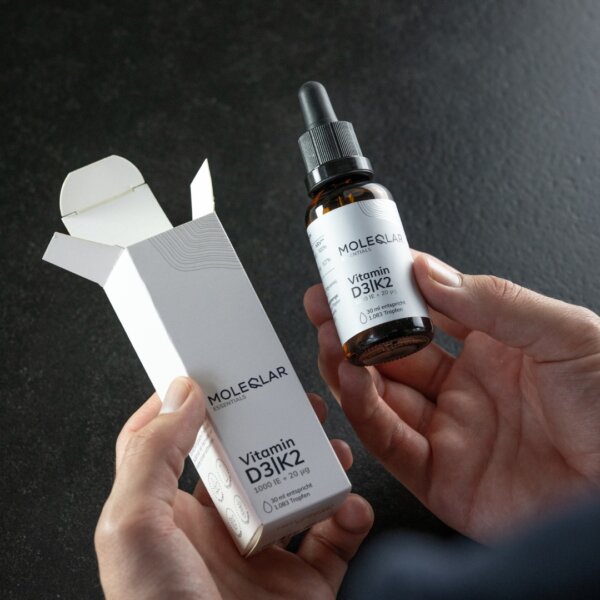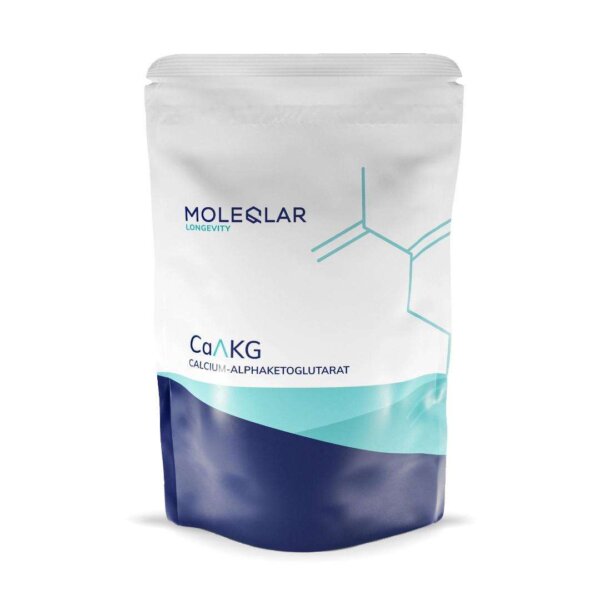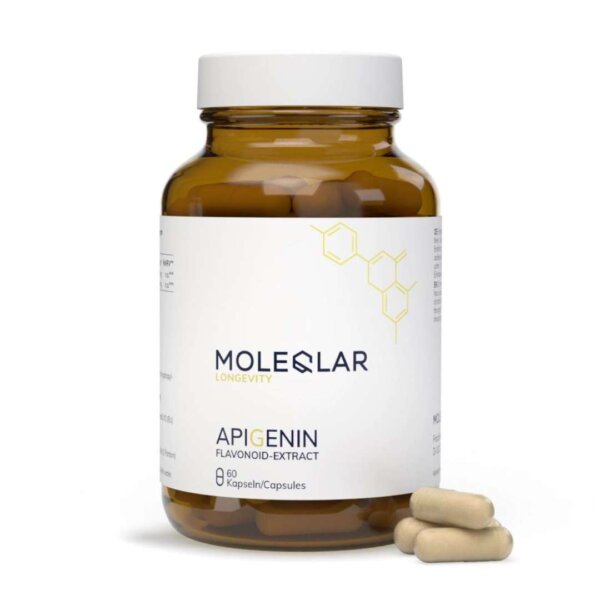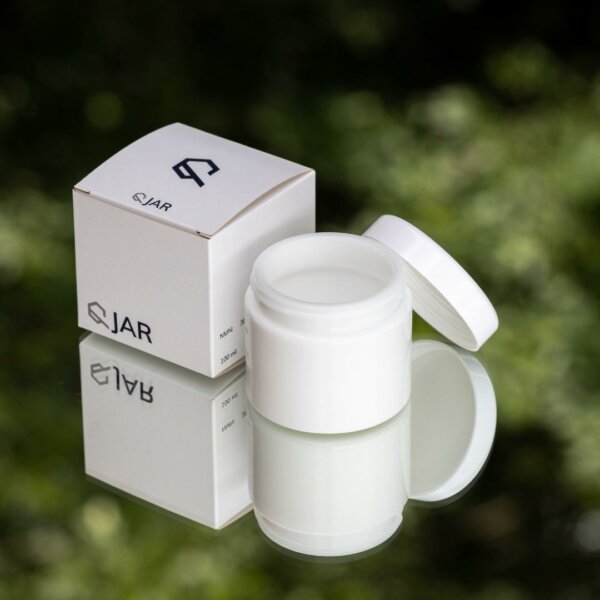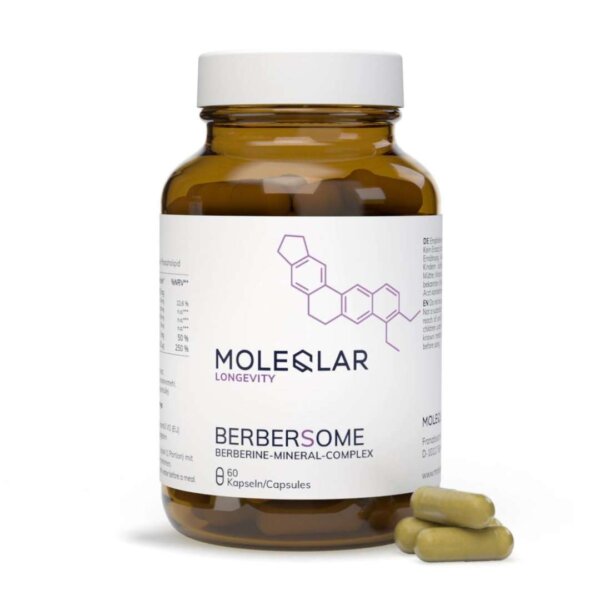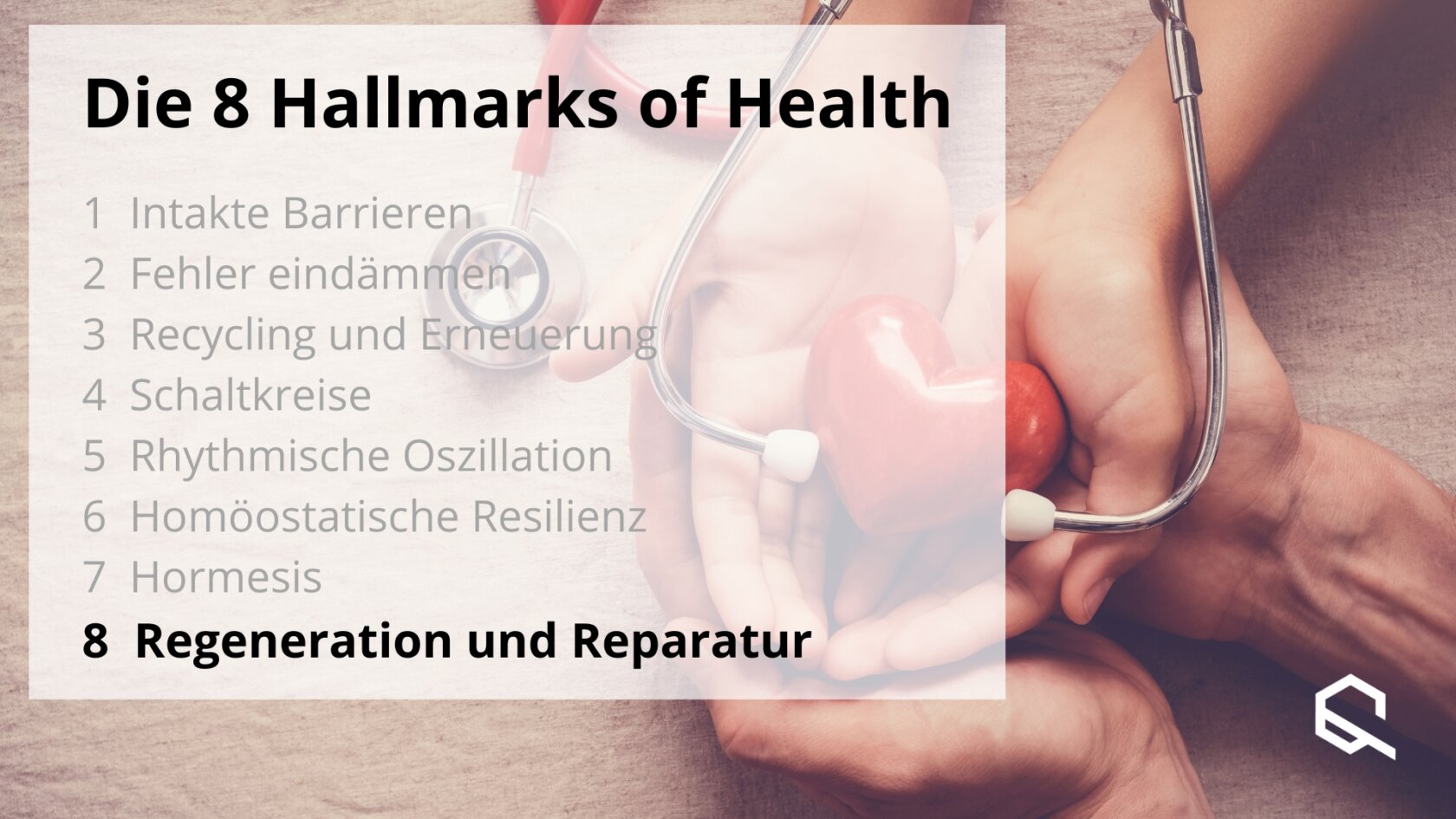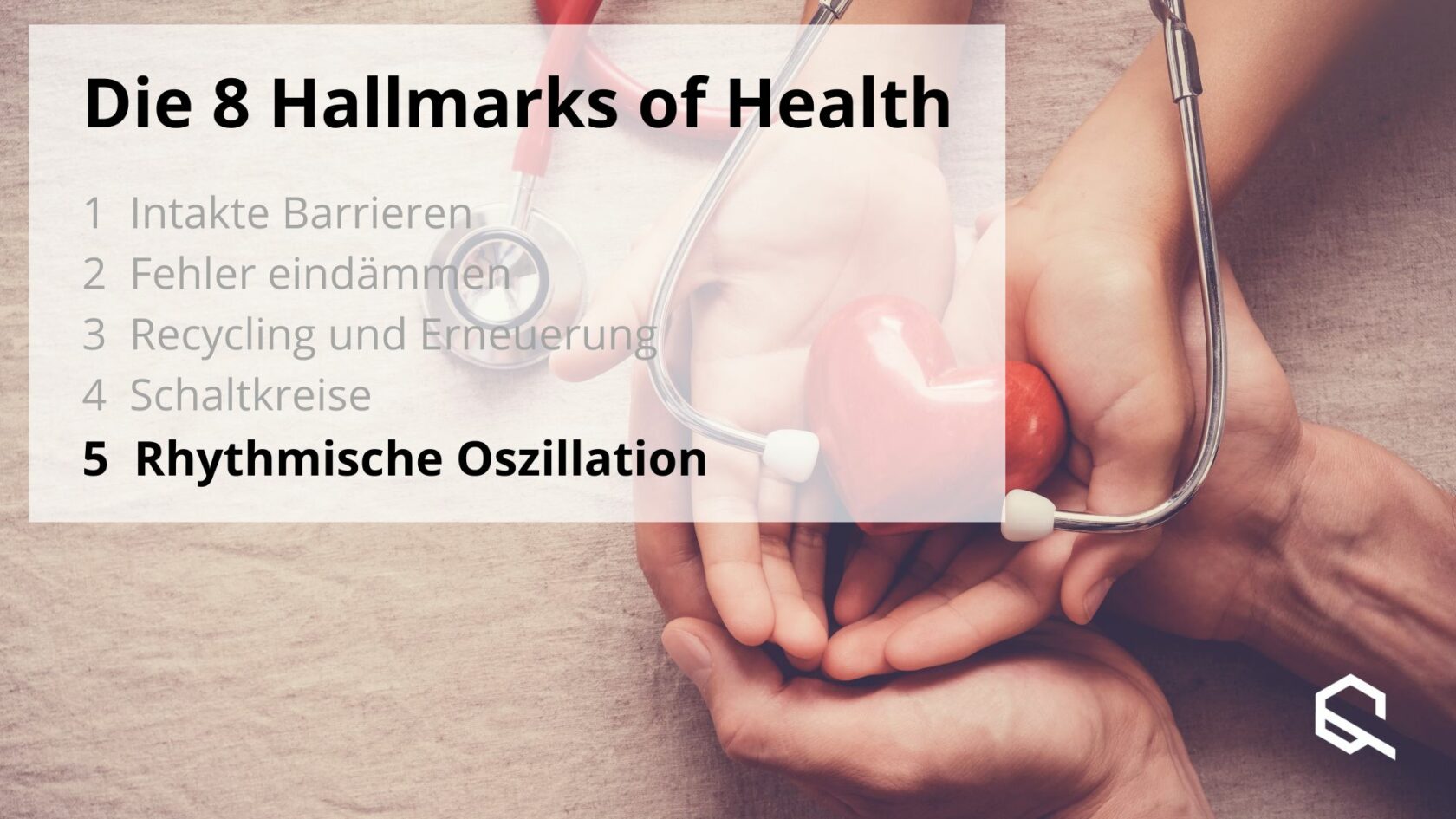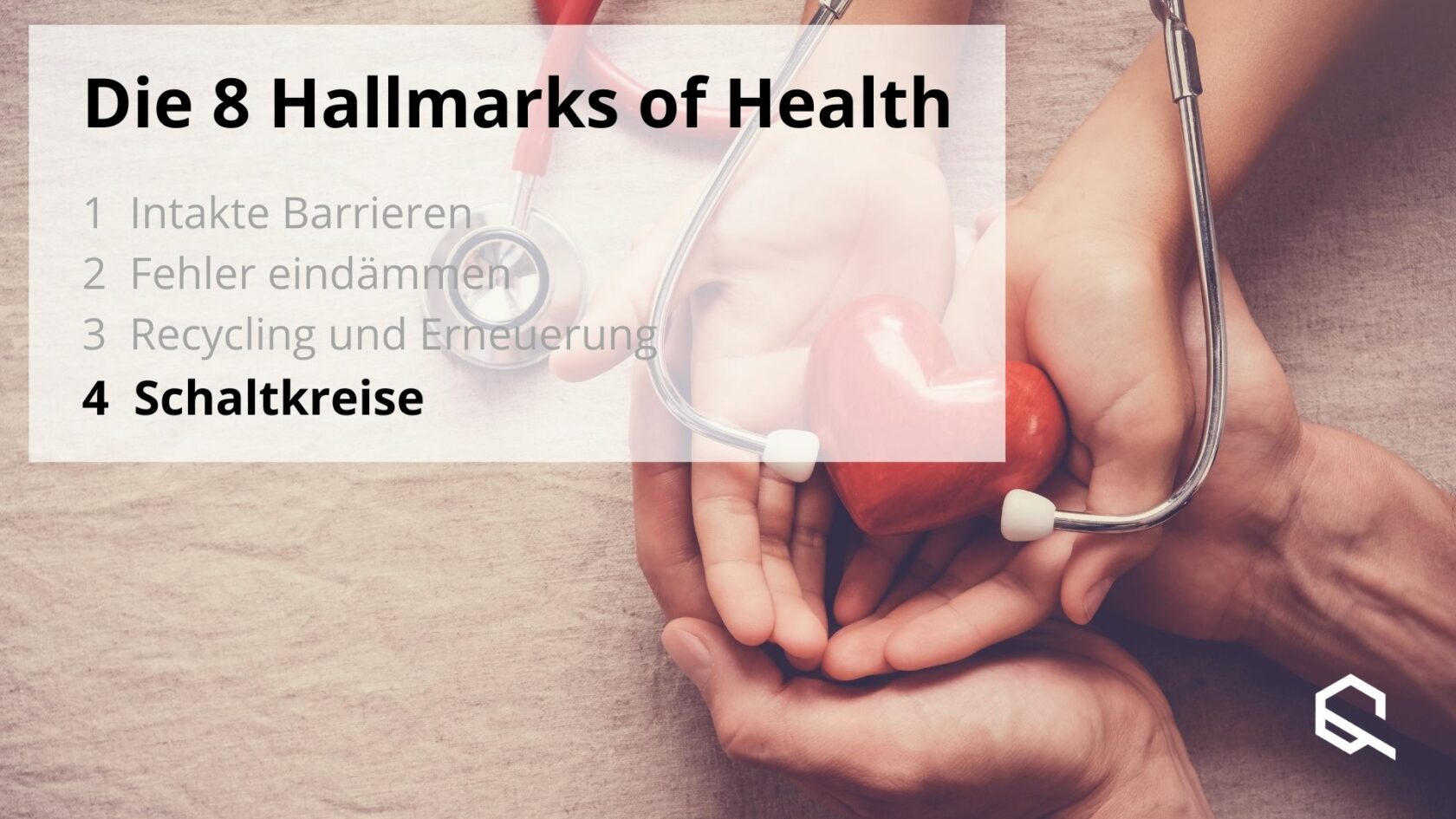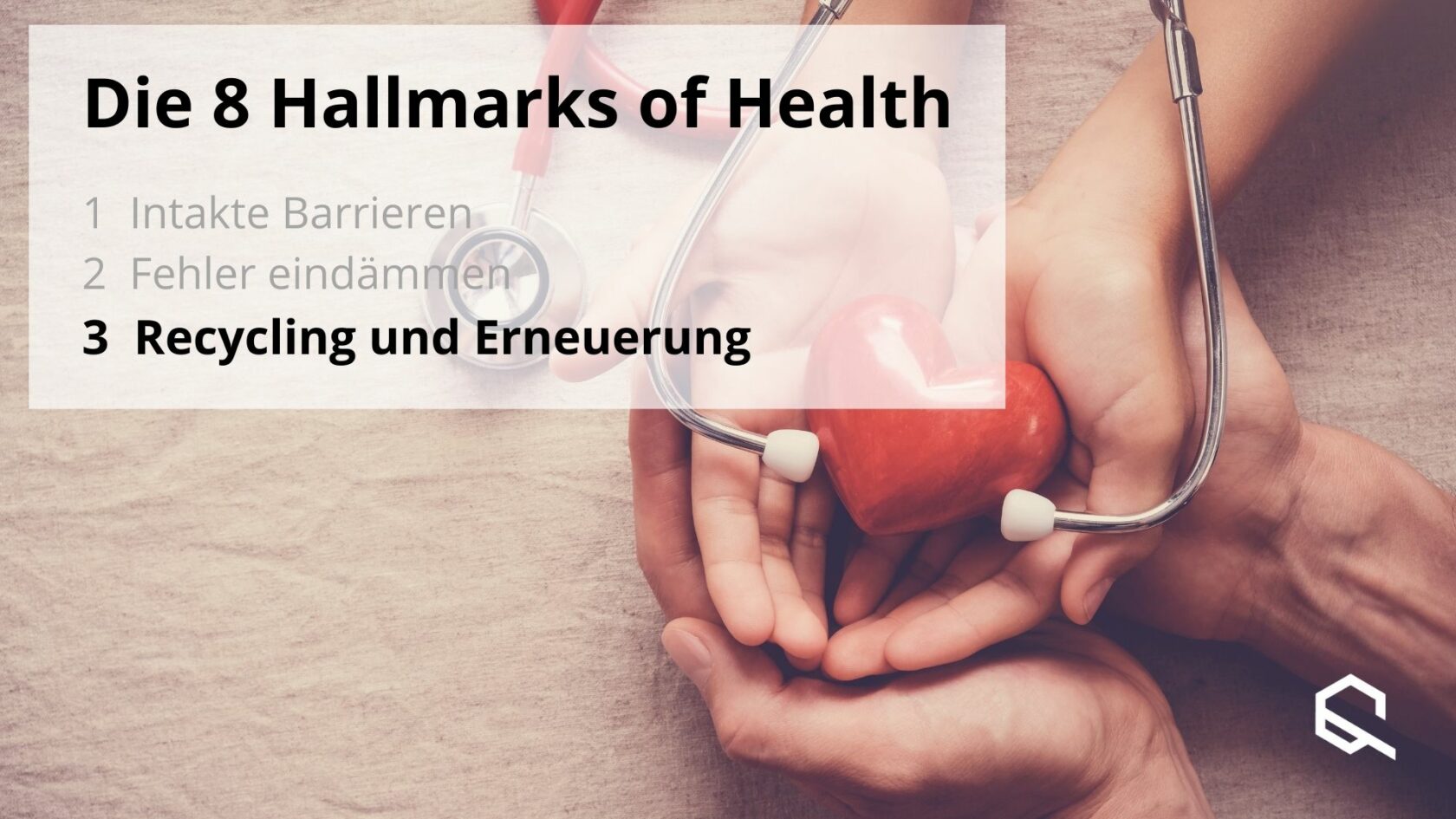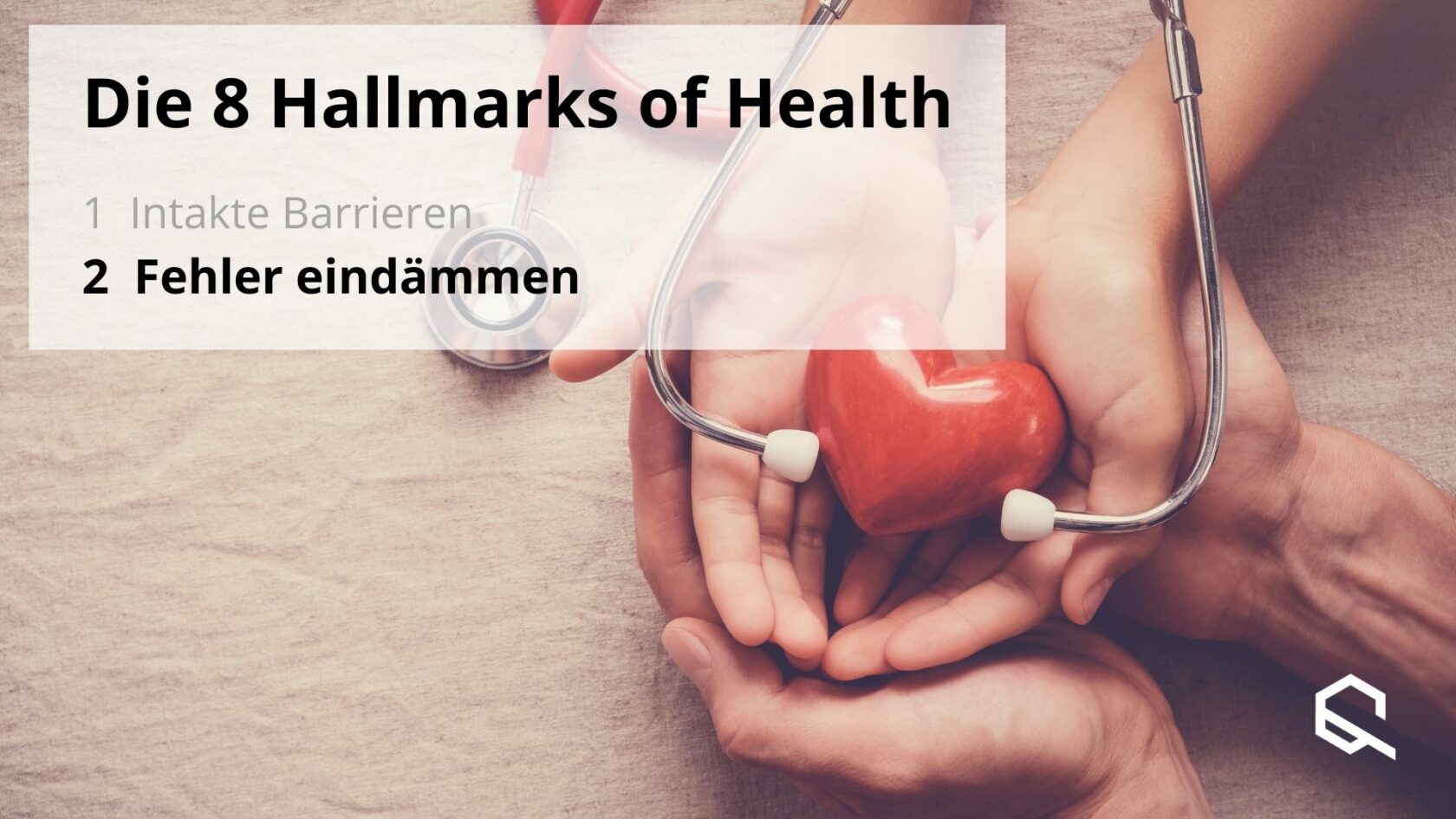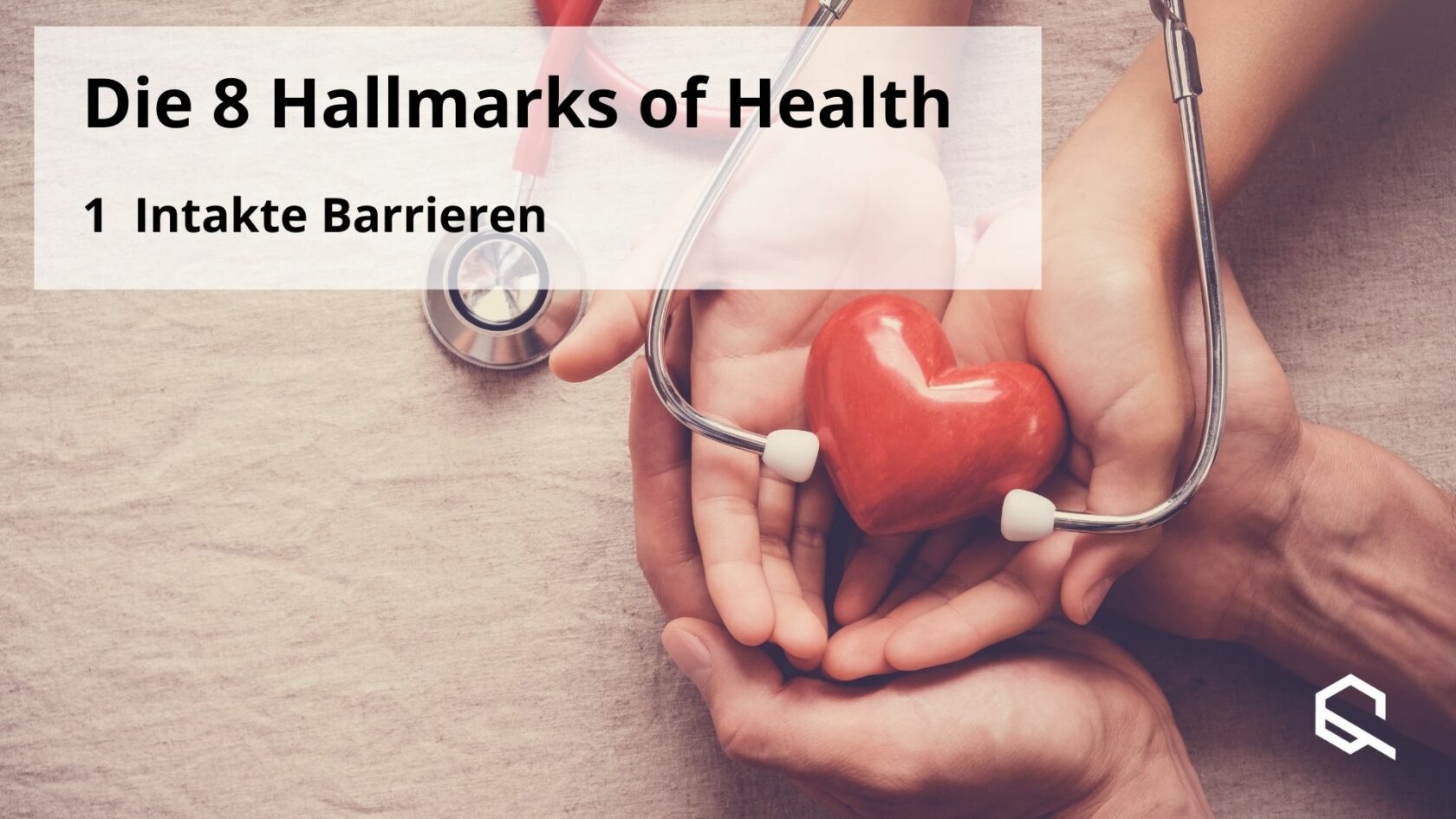"What doesn't kill you, makes you stronger" sings Kelly Clarkson in her 2011 hit. This sentence is not only the trademark of a successful musician and a motivational phrase for many people in everyday life - the sentence also describes a physiological principle very well: so-called hormesis. In this phenomenon, low concentrations of actually toxic substances can have a positive effect. This means that certain stimuli train the body and increase the adaptation to these stimuli. The statement "the dose makes the poison" also fits in complementarily. To better understand the principle of hormesis, let's look at an example.
If you are returning to sports after a long break or are just starting to exercise, the first session is often particularly difficult. You may feel sore from the muscular strain over the next few days and feel flabby at first. In the following sports units, the muscle soreness will be less severe and you will be able to increase your performance. This is because your muscles have become accustomed to the demands of regular training.

Mitohormesis
If we take a closer look at a well-studied hormesis effect, we have to take a look at the processes in the mitochondria. In the mitochondria, energy is produced from oxygen and sugar. When the mitochondria have to produce a lot of energy, they also release so-called ROS ( reactive oxygen species). They act as a signal and warn the cell of stress. It is good if the cell and the body are warned against overexertion and the resulting damage. But as always, the dose makes the poison. Because if too many ROS are released, the body overreacts and the cells take damage. If the ROS release remains only for a short time, the body adapts so that it can withstand more during subsequent stresses.
This effect is noticeable, for example, when you start athletic training and the mitochondria of your muscle cells get used to the new requirements. Not only the muscle building and the increase of the mitochondrial number begins - the individual mitochondria also become stronger and more powerful.
In order to respond to changing environmental conditions, it is important for the body to be able to adapt through hormesis. This makes your body more adaptable and efficient in the long run and speaks to good overall health.
Radiation Hormesis
People who are exposed to a certain amount of ionized radiation die less frequently from cancer. At first, this sounds extremely paradoxical. But statistics on radiation workers from England (UK) show that they have a lower cancer mortality rate. It sounds amazing that radiation, which is actually very harmful, should have a "positive" effect. Researchers discuss various hypotheses for this, but in this study as well as in other studies the effect of radiation hormesis is shown. For example, very low doses of ionizing radiation are said to have a protective, or protective effect, even in animal studies. Animals exposed to low doses of radiation showed about 20% longer life expectancy and had a healthier and younger overall appearance even at older ages.
Xenohormesis
Let's take a look at the animal and plant world. All want to survive, but some animals eat plants. As a protective mechanism but also as a stress response, some plants then produce toxic substances. Researchers have found that these substances, in small doses, can have a life-prolonging effect on some animals. Because of the interactions between plants and animals, the substances are called xenohormetines. One of these substances is resveratrol, which you have probably already read about in one or two of our articles. If not, we will explain to you this article what resveratrol is and how it affects your longevity.
Literature:
- López-Otín, Carlos, and Guido Kroemer. "Hallmarks of health." Cell 184.1 (2021): 33-63. https://pubmed.ncbi.nlm.nih.gov/33340459/
- Dudley W. Lamming, Jason G. Wood and David A. Sinclair (2005): Small molecules that regulate lifespan: evidence for xenohormesis.
Graphics:
The images were purchased under licence from Canva.



